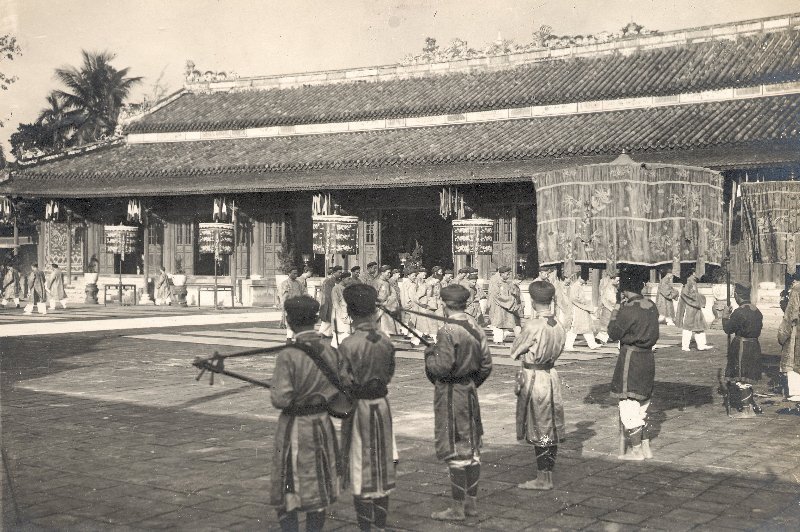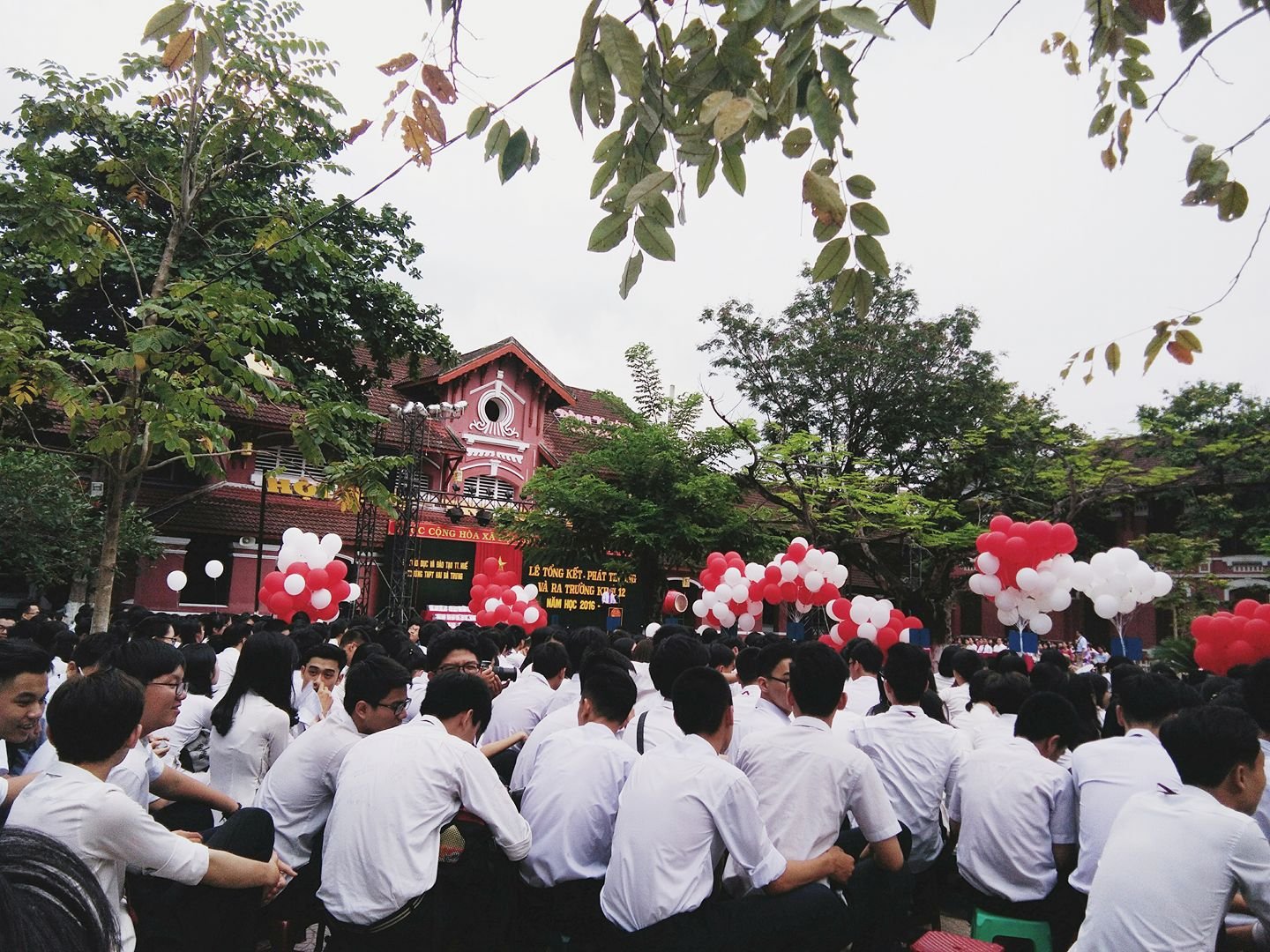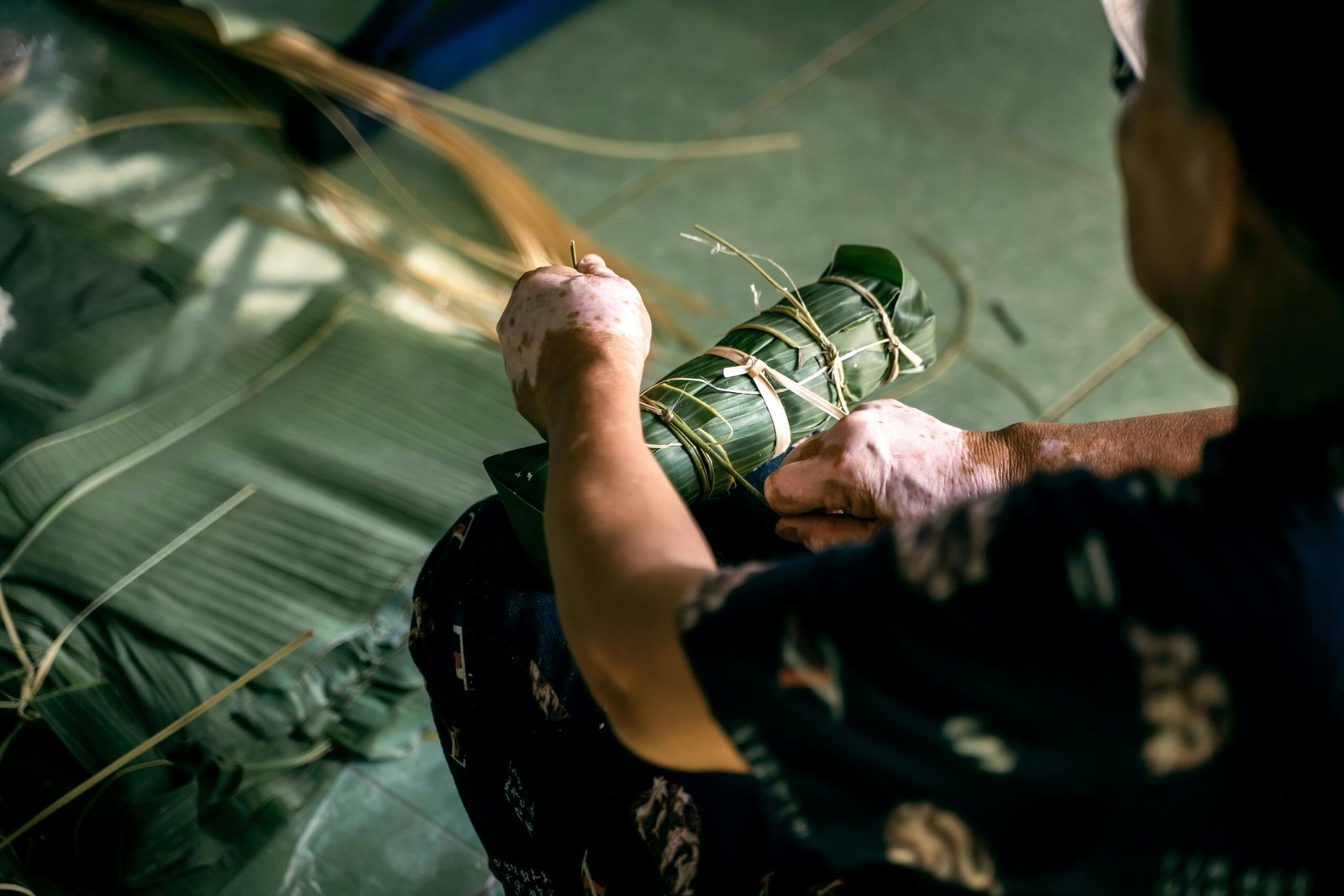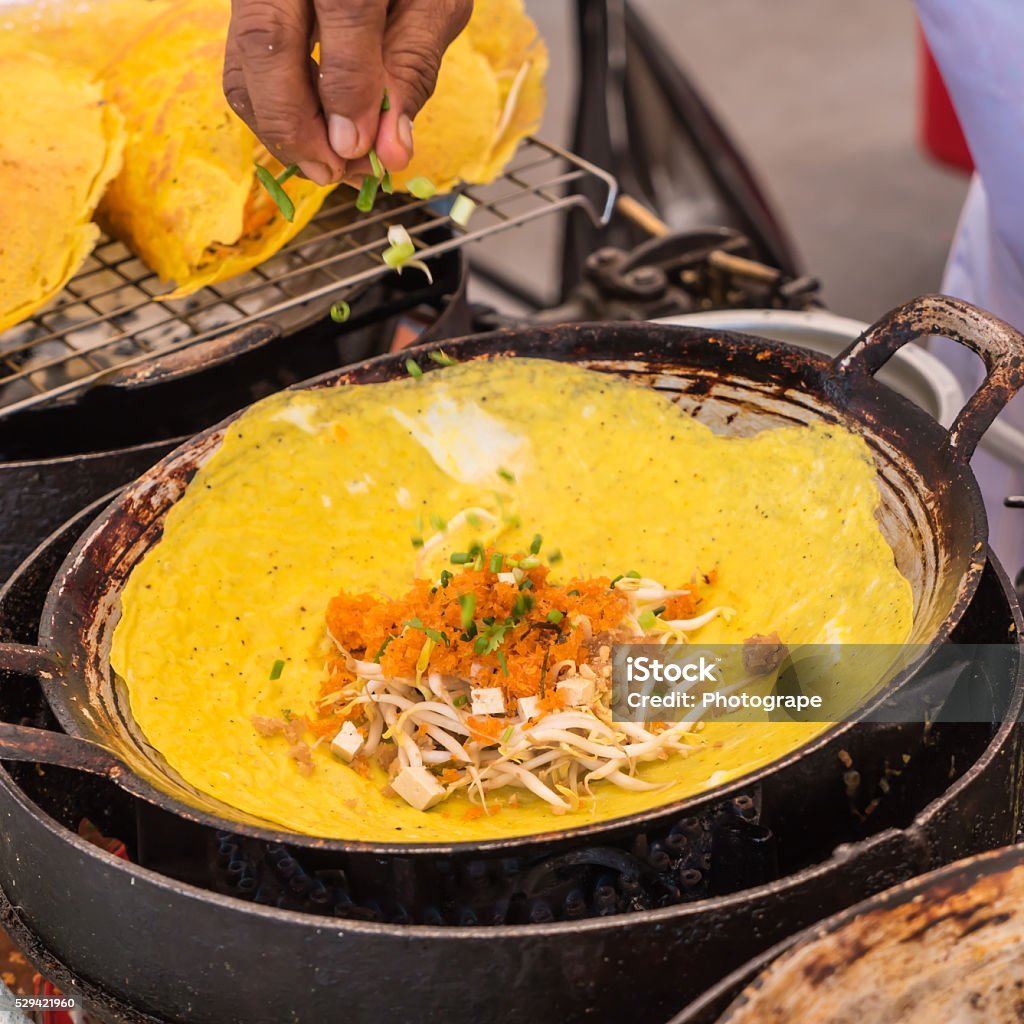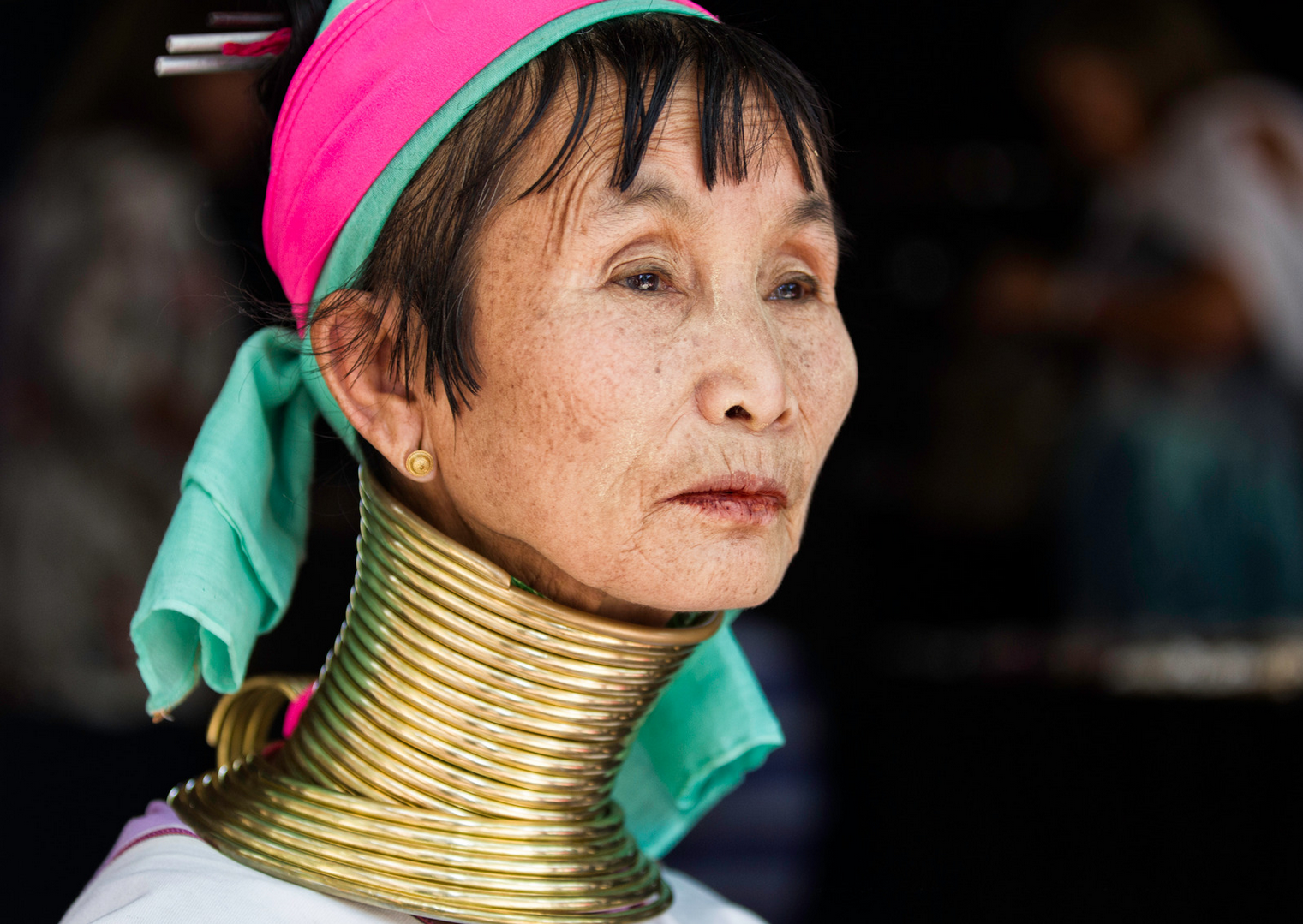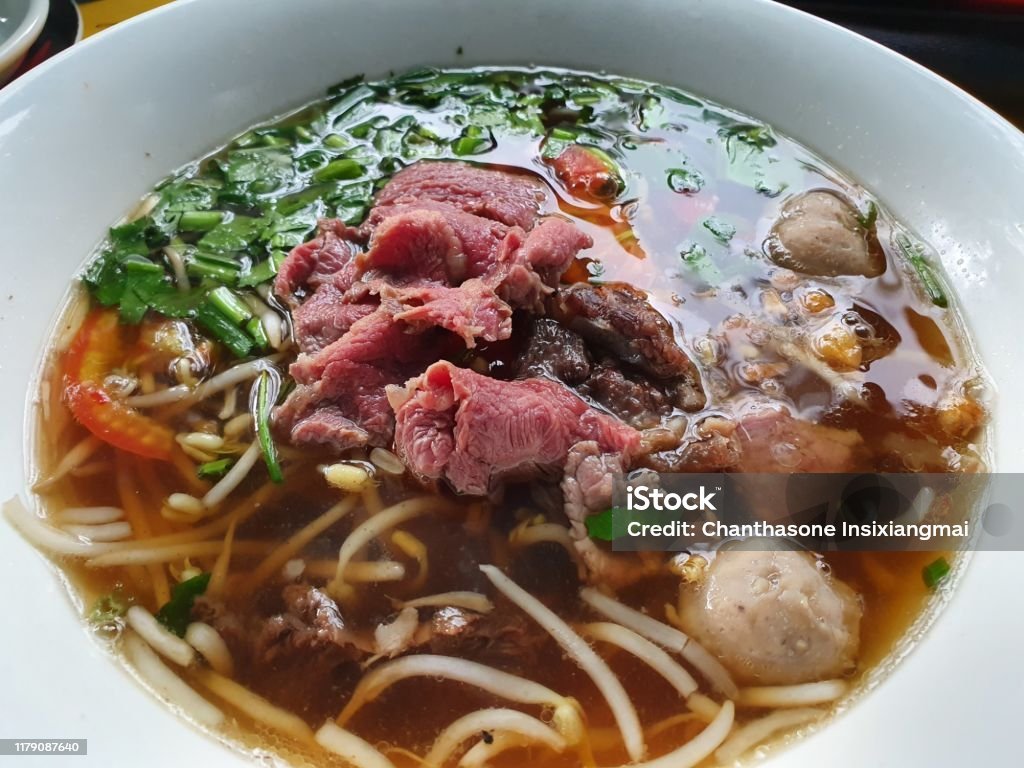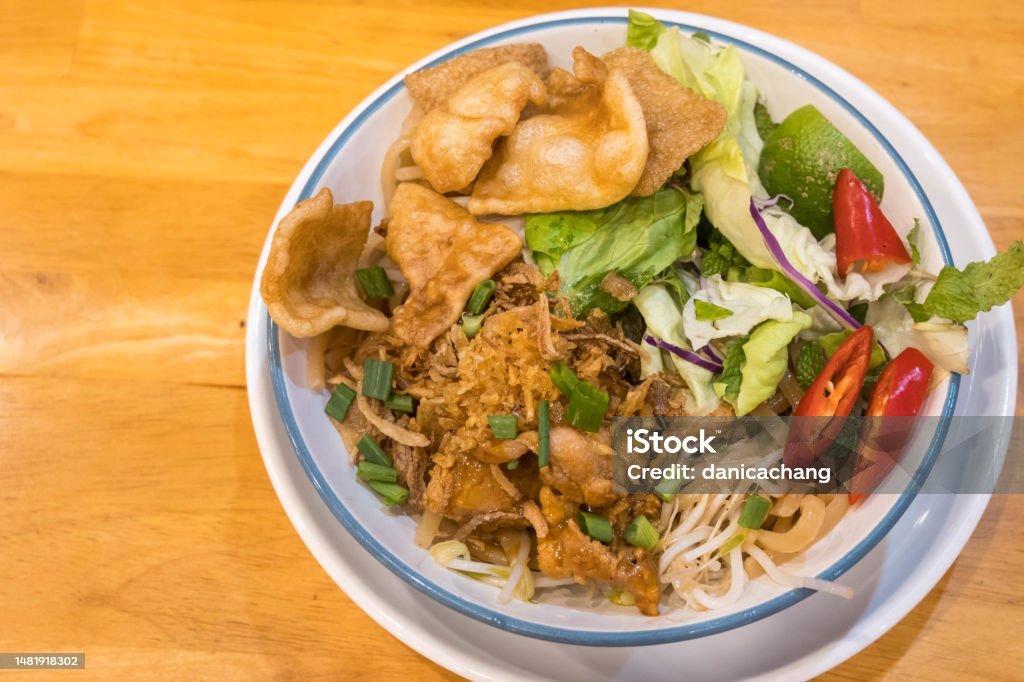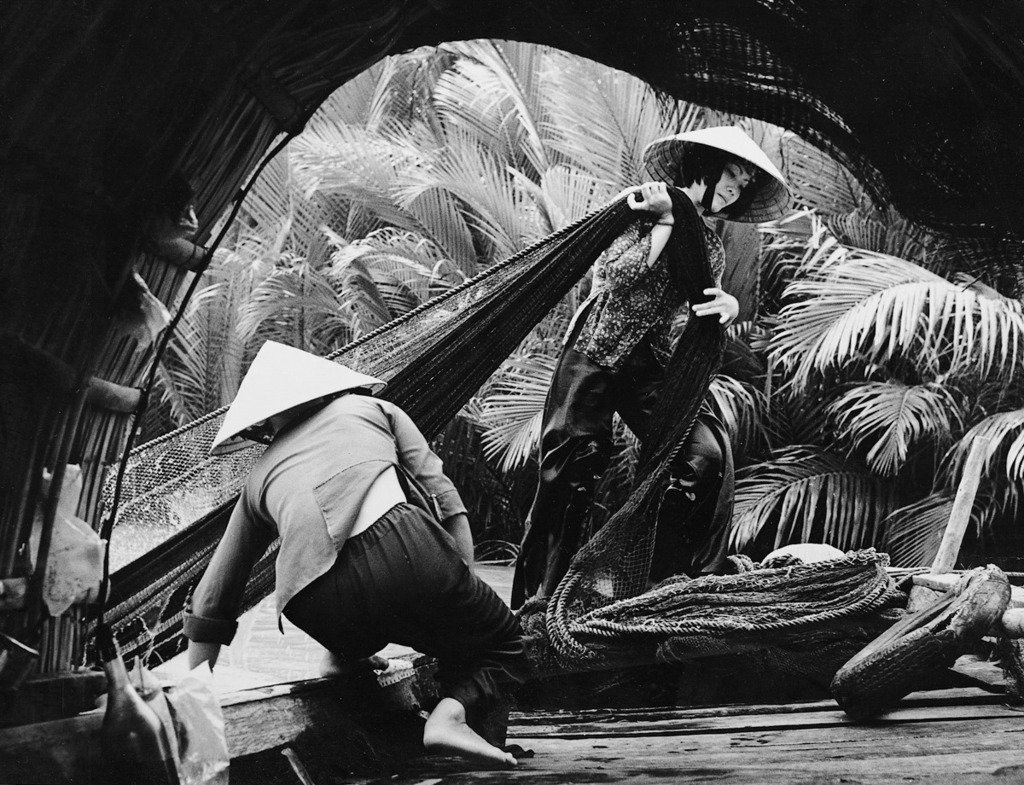
When reflecting on contemporary Vietnamese literature, particularly concerning revolutionary war and the soldier, we often encounter questions such as: What have the post-1975 generation of writers inherited from their predecessors? What advantages or challenges do they face when addressing this theme? How does war in the writings of the post-1975 generation differ from that depicted by pre-1975 authors?
Literature and Historical Milestones
First and foremost, it is essential to emphasize that historical milestones do not necessarily align with literary milestones. Historical events provide insights into socio-historical dynamics, while literature evolves through aesthetic paradigms, genres, and artistic characteristics. Therefore, periodizing literary history based on historical milestones is inherently relative.
Initially, such periodization may have been politically motivated (or influenced by the tendency to intertwine politics, history, and literature), but today, it often serves to simplify descriptions. On a deeper level, literary history is not as fragmented; milestones act merely as markers or signposts for different stages in literature’s journey. Like a river winding through twists and turns, with waves overlapping, the flow of literature remains continuous. To thoroughly and accurately comprehend literary history, Mikhail Bakhtin’s suggestion seems apt: the genre is the main character of literary history. Additionally, considering the interplay and distinctions among aesthetic paradigms and literary generations provides a more dialectical perspective on literary history.

Nonetheless, focusing on the 1975 milestone is meaningful in encompassing a phase of Vietnamese artistic literature. Establishing a traditional view according to historical periodization (post-1975, for a simplified description) is necessary while simultaneously emphasizing the dialectical continuity of literary history for a fuller picture of its evolution. After 1975, the reunification of the country marked a significant turning point for literature, as well as for Vietnam’s socio-political life. The importance of 1975 in Vietnamese literature can be analyzed on several fronts:
- Unification of literary space: The institutional unity of the state and the geographical integration of literature ended the division of literary and administrative spheres.
- A new literary era: It both inherited and diverged from the pre-1975 period.
- Democratic diversity in literature: Silent literary currents surfaced, fostering a more democratic and diverse literary atmosphere.
- Exchange between Northern and Southern literature: Northern literature engaged more with Southern urban literature, reintroducing the values of that literary-academic region.
- Formation of overseas Vietnamese literature: Many writers emigrated and settled abroad.
- Post-war concerns: With the war concluded, epic-romantic inspiration no longer dominated but coexisted with other post-war currents.
- Development of individualistic narratives: Peace fostered reflections on personal and existential issues with more multifaceted approaches.
- Highlighting prior shortcomings: Post-1975 circumstances clarified and addressed pre-1975 issues, laying the groundwork for “Renovation” as the main driving force of the subsequent socio-literary history.
Thus, viewing literature in conjunction with socio-cultural history shows the 1975 milestone as pivotal for Vietnam’s literary progress. From 1975 to today, this era has been defined as contemporary literature. While a comprehensive evaluation of contemporary literature remains unattainable due to its ongoing nature, the historical milestone of 1975 situates Vietnamese literature in an aesthetic, cultural, and literary context with marked distinctions. It provides a vantage point for examining the past and observing the ongoing dynamics of Vietnamese literature.
Inheritance
Within the continuum of Vietnamese literature before and after 1975, the primary inheritance lies in the theme of war and revolutionary epic inspiration. Alongside the resistance wars against the French and Americans were events such as the Southwestern and Northern border wars. Works like Xuân Quỳnh’s Viết cho con ngày chiến thắng (1975), Thái Bá Lợi’s Hai người trở lại trung đoàn (1977), Chu Lai’s Nắng đồng bằng (1978), Hữu Thỉnh’s Sức bền của đất (1976), and Đường tới thành phố (1979), among others, vividly exemplify the enduring power of war-themed literature and revolutionary epic inspiration.
In these works, we see a continuation of the artistic values, ideological perspectives, and aesthetic systems of pre-1975 literature. The image of soldiers during the war for national reunification remains steadfast, heroic, and resilient. However, later works, such as Nguyễn Minh Châu’s Bức tranh (1983) or Bảo Ninh’s Nỗi buồn chiến tranh, began to reflect more complex and nuanced portrayals of war and its consequences.
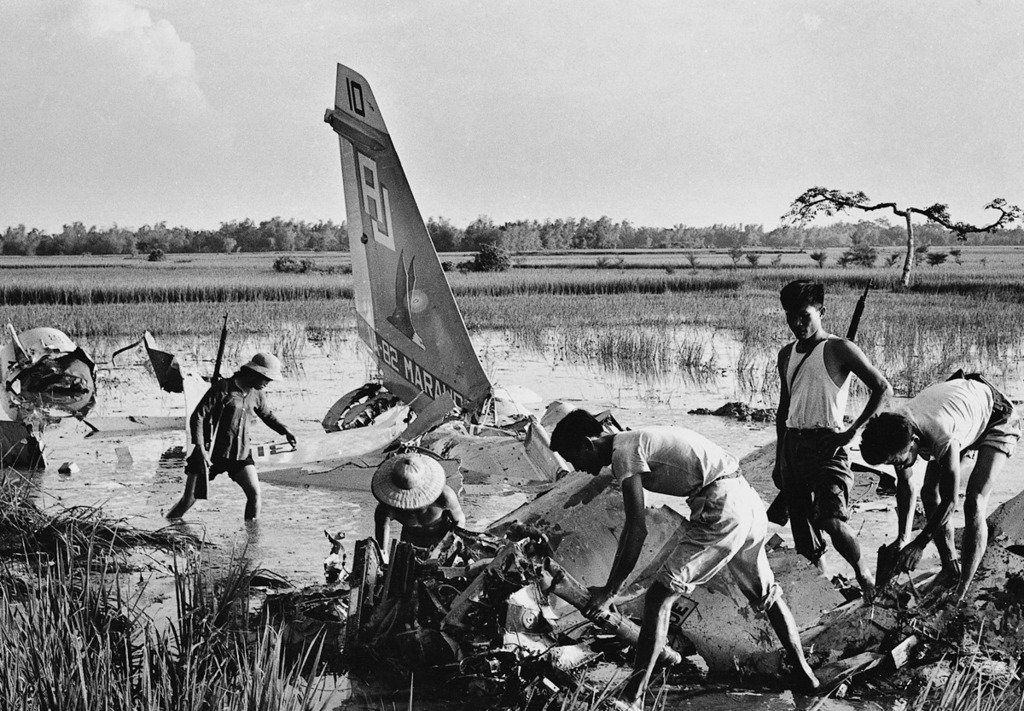
Opportunities
The post-1975 perspective offers a certain distance in time and mindset, allowing authors to reflect more deeply and comprehensively on the war. Writers either directly experienced war and sought to depict it authentically or, without personal experience, reconstructed it through research and imagination.
Living in peace, writers had the space to contemplate the cost of war and explore its implications more freely. This shift facilitated diverse creative directions, as seen in the works of Nguyễn Huy Thiệp, Lê Lựu, and later generations such as Huỳnh Trọng Khang, who explored the human and existential dimensions of war with fresh approaches.
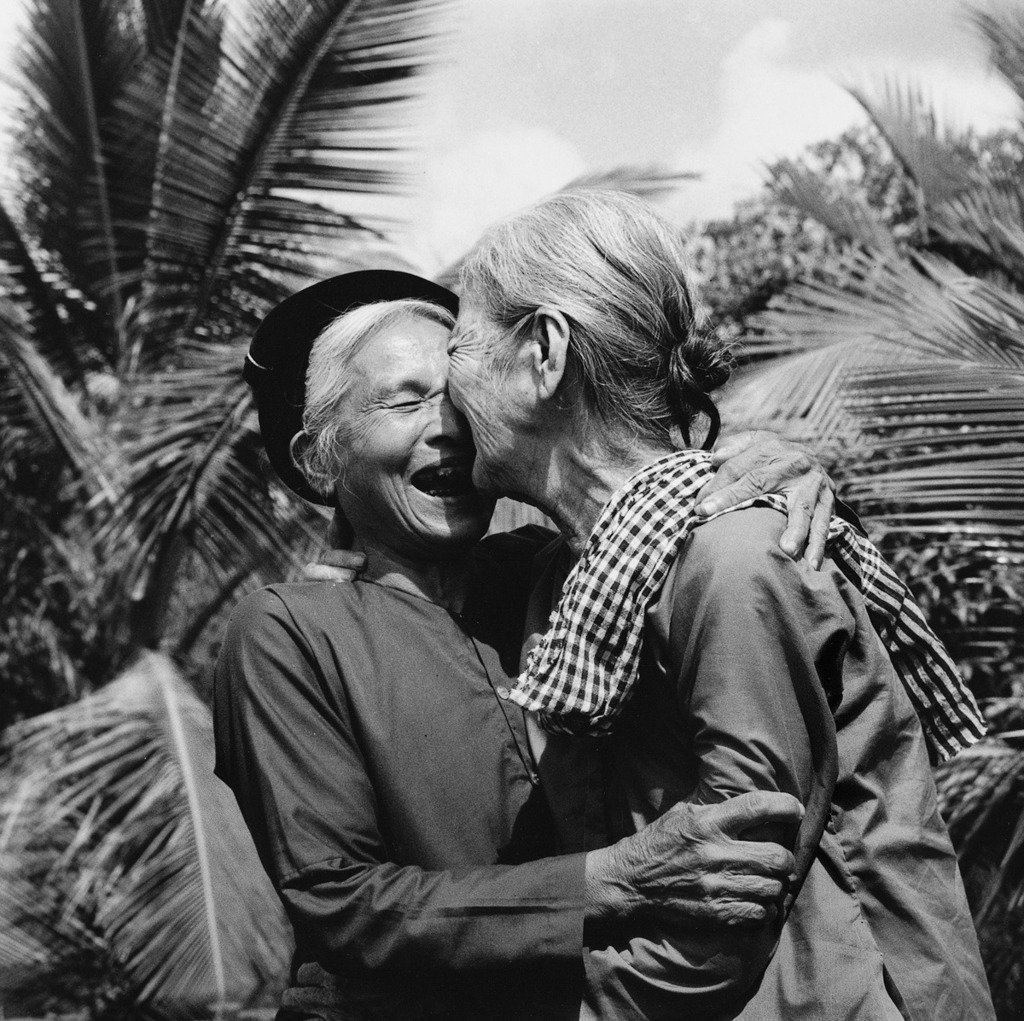
Challenges
Despite these opportunities, challenges remain, especially for younger writers who did not live through the war. Writers like Nguyễn Đình Tú, Đinh Phương, and Huỳnh Trọng Khang often face difficulties in authentically capturing the war experience, relying instead on historical accounts and inherited narratives. Balancing authenticity with creative liberty while navigating the expectations of both traditional and modern audiences continues to be a demanding task for post-1975 literature.
Through these lenses, the post-1975 era emerges as a dynamic period of inheritance, innovation, and ongoing dialogue with Vietnam’s literary and historical legacy.

